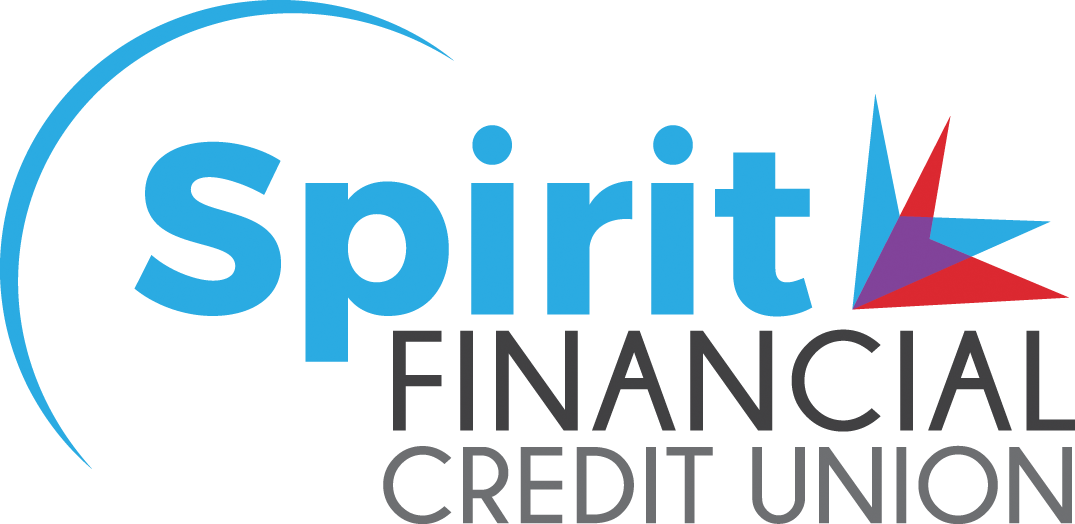How to Spot and Avoid 6 Common Holiday Scams
The holiday season is a time for celebration, giving, and spreading joy, but it's also when scams are rising. Cybercriminals seek opportunities to exploit unsuspecting victims as we shop online, book vacations, and make in-store purchases to celebrate the festivities. To ensure your holidays remain joyful, it's crucial to be aware of common holiday scams, know how to spot them, and take proactive steps to avoid falling victim. In this article, we'll explore six common holiday scams, offer detailed tips on avoiding them, and provide guidance on what to do if you become a victim.
1 Phishing Scams
What to Watch For:
Phishing scams typically involve receiving unsolicited emails or text messages that appear to be from legitimate sources, such as credit unions, banks, retailers, or delivery services. These messages often contain urgent requests for personal and financial information or instruct you to click on malicious links.
How to Avoid:
Verify the Source: Always verify the sender's email address or phone number. Legitimate organizations will use their official domains.
Hover Over Links: Hover your mouse pointer over links to reveal the actual URL. Avoid clicking on suspicious or misspelled links.
Use Two-Factor Authentication (2FA): Enable 2FA for your email and financial accounts to add an extra layer of security.
Contact the Organization Directly: If you need clarification on an email's authenticity, contact the organization through their official website or customer support number.
2 Card Skimming
What to Watch For:
Card skimming involves criminals installing small devices on ATMs, gas pumps, or point-of-sale terminals to steal card information. These devices capture card data when you insert or swipe your card.
How to Avoid:
Inspect Card Readers: Inspect an ATM or card reader for any unusual attachments or loose parts before using.
Use Chip Cards: Use chip cards rather than swiping the magnetic stripe whenever possible.
Cover Your PIN: Shield the keypad when entering your PIN to prevent criminals from capturing it via hidden cameras.
3 Fake Online Stores
What to Watch For:
Scammers create fake online stores that mimic reputable retailers, offering enticing deals on holiday gifts.
How to Avoid:
Shop from Reputable Sites: Stick to well-known and established online retailers.
Check for HTTPS: Ensure the website has "https://" in the URL and a padlock icon in the address bar, indicating a secure connection.
Read Reviews: Search for customer reviews and ratings for the store.
Use Secure Payment Methods: Pay with credit cards, as they offer more fraud protection than debit cards or wire transfers.
4 Gift Card Scams
What to Watch For:
Scammers may tamper with physical gift cards on store shelves, stealing the activation codes. When you purchase these cards, the funds have already been drained.
How to Avoid:
Buy from Trusted Retailers: Purchase gift cards directly from reputable retailers rather than third-party sellers.
Inspect the Card: Check for any signs of tampering or exposed activation codes before buying.
Keep Receipts: Always keep the purchase receipt as proof of purchase in case the card's balance needs to be corrected.
5 Vishing Scams
What to Watch For:
Vishing, or voice phishing, involves receiving unsolicited phone calls from scammers pretending to be from credit unions, banks, government agencies, or tech support. They may request your credit card or account information and even threaten legal action if you don't comply.
How to Avoid:
Be Skeptical: Always be cautious when receiving unsolicited calls asking for personal or financial information. Spirit Financial Credit Union will never proactively reach out to ask for personal or financial information.
Verify Caller Identity: Ask for the caller's name, organization, and a call-back number. Verify their identity independently.
Don't Share Information: Only share sensitive information over the phone if you initiated the call.
6 Fake Charities and Donation Scams
What to Watch For:
During the holidays, many people are in a giving spirit, and scammers take advantage of this by creating fake charity websites or posing as legitimate charities to solicit donations.
How to Avoid:
Research Charities: Verify the legitimacy of a charity before donating by checking their registration with government authorities or using reputable charity evaluation websites.
Donate Directly: Donate directly through the charity's official website or in person rather than through unsolicited emails or phone calls.
What to Do if You're a Victim of a Holiday Scam
You may still fall victim to a holiday scam despite your best efforts. If this happens, it's essential to take immediate action:
Contact Your Credit Union, Bank or Credit Card Company: Report the unauthorized charges or fraud to your financial institution. They can help secure your account and initiate an investigation.
Change Passwords and PINs: Change your online account passwords and PINs to prevent further unauthorized access.
File a Report: Report the scam to local law enforcement and file a complaint with the Federal Trade Commission (FTC) through their website.
Monitor Your Accounts: Regularly monitor your accounts and financial statements for suspicious activity.
Consider a Credit Freeze: If the situation is severe, consider placing a credit freeze on your accounts to prevent new accounts from being opened in your name.
Stay Vigilant to Avoid Common Holiday Scams
Staying vigilant and informed is crucial during the holiday season to protect yourself from holiday scams. By recognizing the warning signs, following security best practices, and knowing how to respond if you become a victim, you can enjoy a safer and more secure holiday shopping experience. Remember that prevention is the best defense, so be cautious and share this information with your loved ones to help protect them.
Visit Spirit Financial's Fraud Protection Page for more up-to-date information on protecting yourself from scams.



